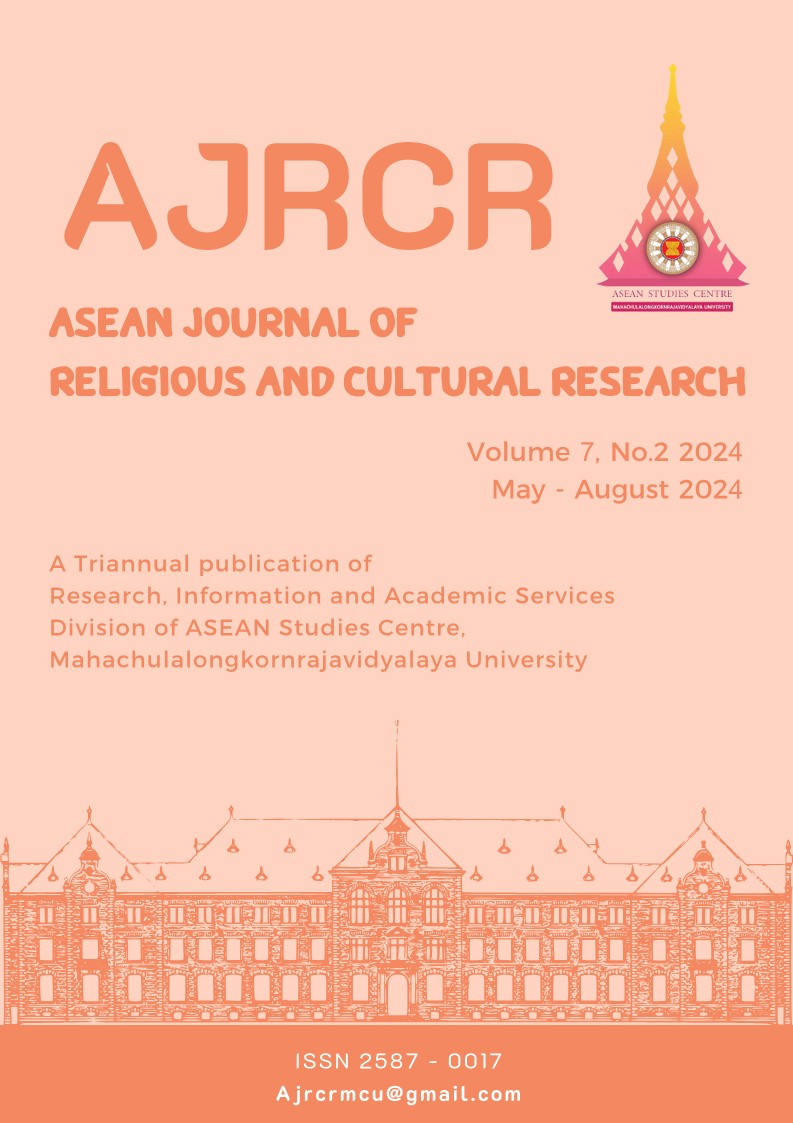Communication skills of School Administrators Based on the Four Divine States of Mind Drive Policy towards Educational Institutions in the 21st Century
Keywords:
Communication skills, School Administrators, Brahmavihāra 4 (the Four Divine States of Mind), Policy ImplementationAbstract
This article aimed to integrate the development approach of communication skills of educational administrators to drive policies to educational institutions in the 21st century according to the principles of the four divine states of mind by linking to see the importance of using the principles of mind in administration to promote the development of communication skills along with morality and ethics for administrators and for the collective benefit of individuals, organizations, educational policies and educational administrators, like the captain of a ship who will lead the crew to the goals of the educational institution, there should be principles of mind to use in developing communication skills of educational administrators to drive policies to educational institutions in the 21st century. The principles of Brahmavihāra 4 (the four divine states of mind), consisting of: 1. Mettā (loving-kindness), 2. Karuṇā (compassion), Muditā (sympathetic joy), and Upekkhā (equanimity), are the key principles of communication for educational administrators effectively. Because the principles of the four divine states of mind are like the personal principles of good Buddhists, widely known, which have a positive effect on life, which educational administrators can apply appropriately to the situations within their own educational institutions in order to keep up with the changing era in order to drive policies to educational institutions in the 21st century.






